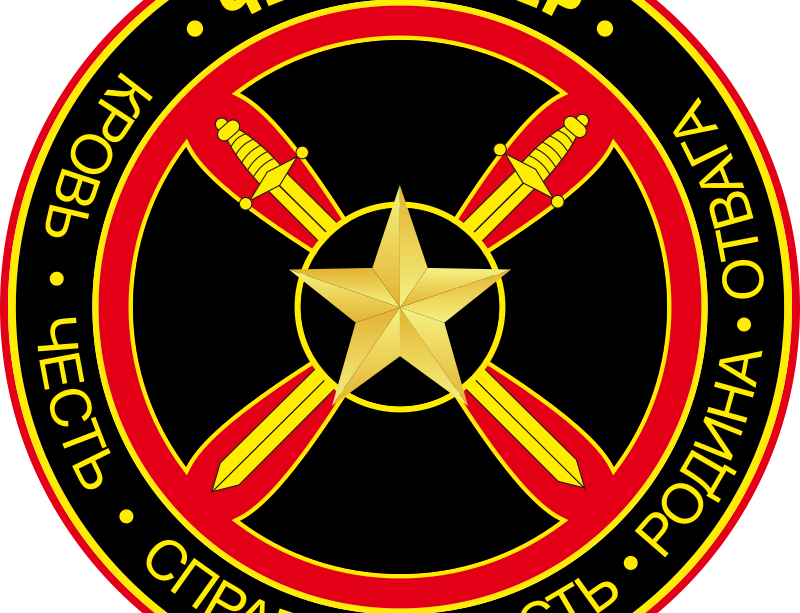Wagner Group: Insights into Its Recent Activities and Global Influence

Introduction
The Wagner Group, a private military company with strong ties to the Russian government, has become a focal point in global geopolitics. Originally emerging during the annexation of Crimea in 2014, its activities have expanded across various conflicts, raising concerns about accountability and the implications for international security frameworks. As the situation in Ukraine evolves and other conflicts, such as in Africa, gain attention, the role of the Wagner Group remains significant.
Recent Developments
As of late 2023, reports indicate that the Wagner Group has been increasingly active in Ukraine, offering support to Russian forces amidst continued artillery exchanges and strategic offensives. Following a brief mutiny led by Yevgeny Prigozhin in June 2023, which highlighted internal tensions within the group, its operations have allegedly been restructured. Many former Wagner fighters have returned to the battlefield under new leadership, and the Russian government has reinforced its reliance on private military contractors.
Furthermore, the Wagner Group continues to expand its operations in Africa, where it is engaged in various military and security roles in countries like the Central African Republic and Mali. This expansion underscores the group’s dual role in providing security support while also being implicated in human rights abuses, raising alarms among international observers and human rights organisations.
Implications for International Security
The activities of the Wagner Group challenge existing international legal frameworks regarding private military companies. Critics argue that as these groups operate with little oversight, they complicate conflict resolution and accountability measures. The United Nations has called for clearer regulations, given that entities like the Wagner Group often bypass traditional state actions, resulting in a lack of transparency and control.
Moreover, the group’s ability to project power without direct state involvement poses a significant dilemma for governments worldwide, particularly as nations grapple with hybrid warfare tactics. The legitimisation of such groups may encourage other nations to follow suit, further muddying the waters of global governance and military engagement.
Conclusion
In conclusion, the Wagner Group represents a complex and evolving landscape in modern warfare and security strategy. As it navigates conflicts in Ukraine and Africa, its operations raise urgent questions regarding the future of private military contractors and international accountability. Observers anticipate ongoing scrutiny and potential policy shifts as world leaders reassess their approaches to the Wagner Group and similar entities. The forthcoming months may reveal critical insights into how states will handle private military operations, especially as geopolitical tensions rise.









